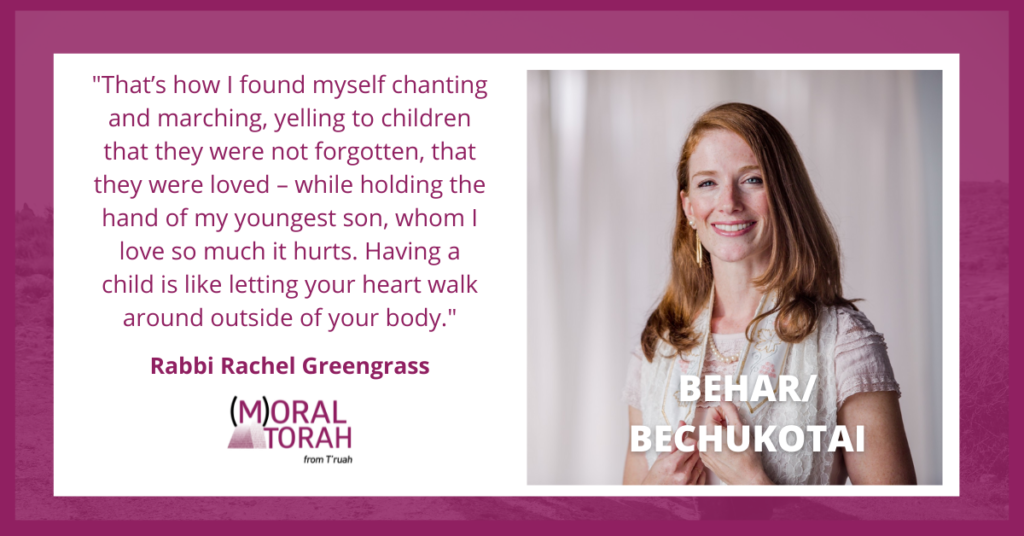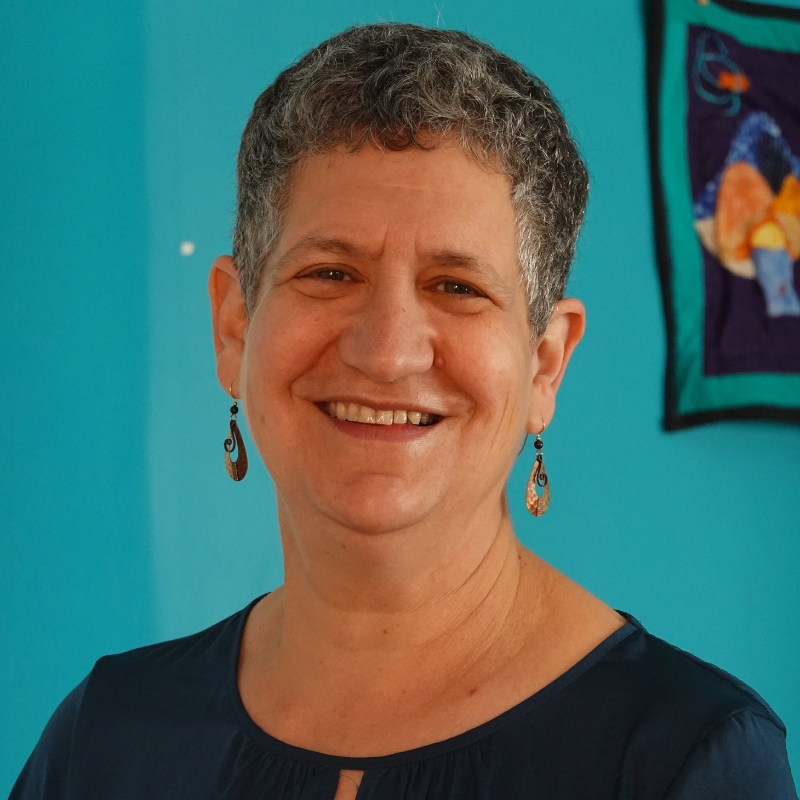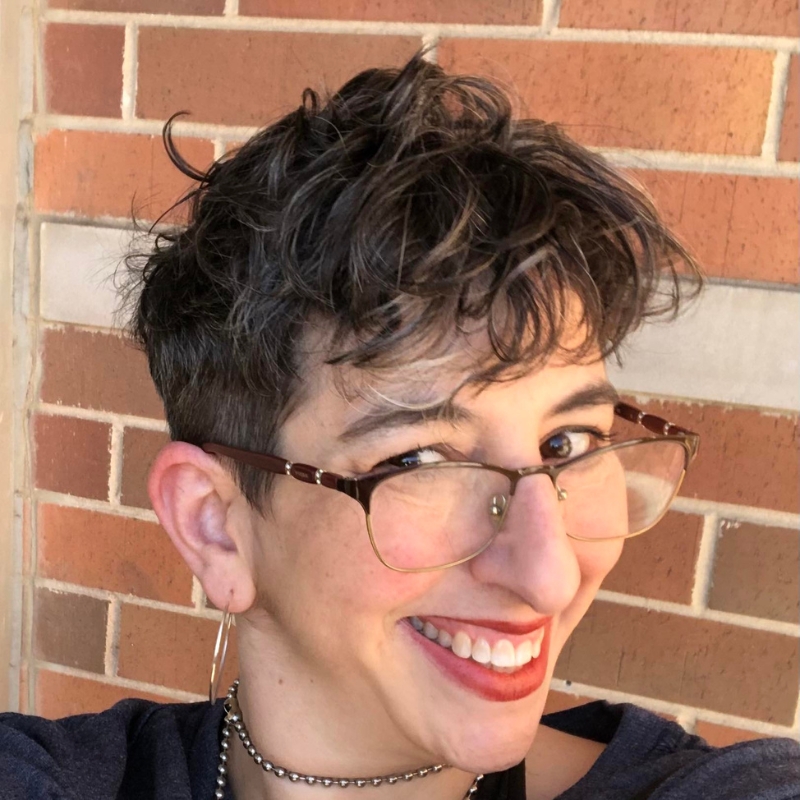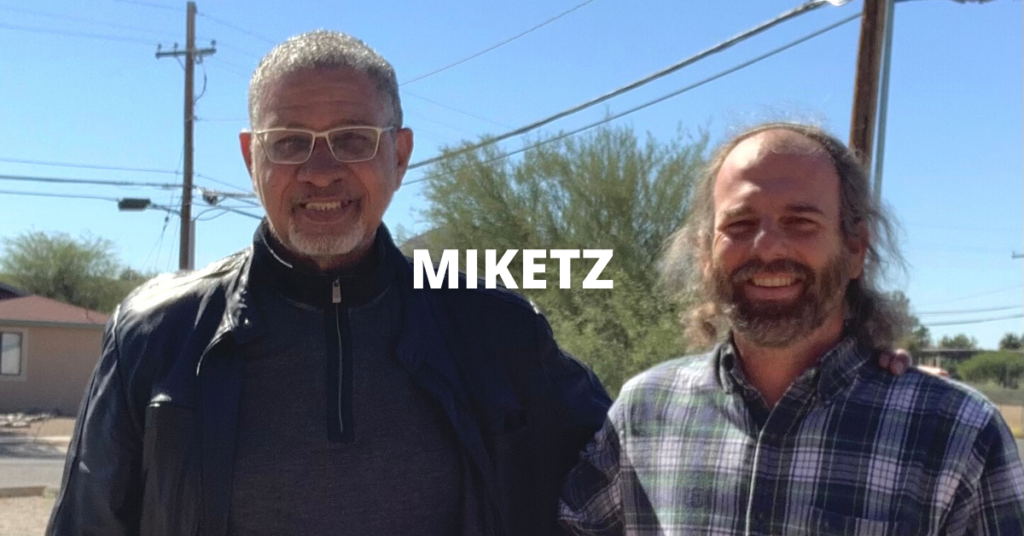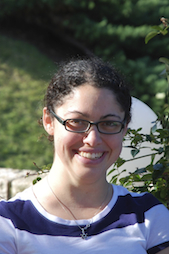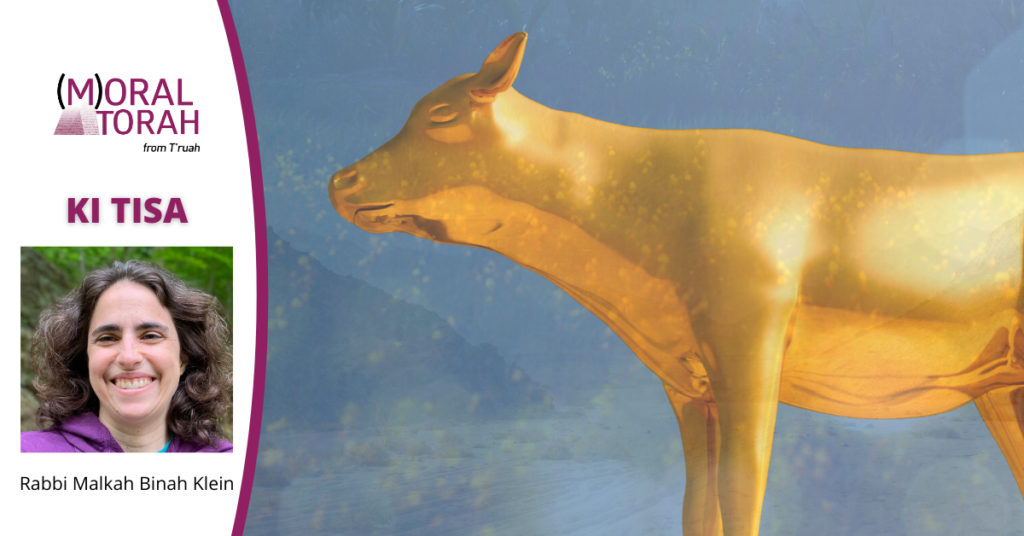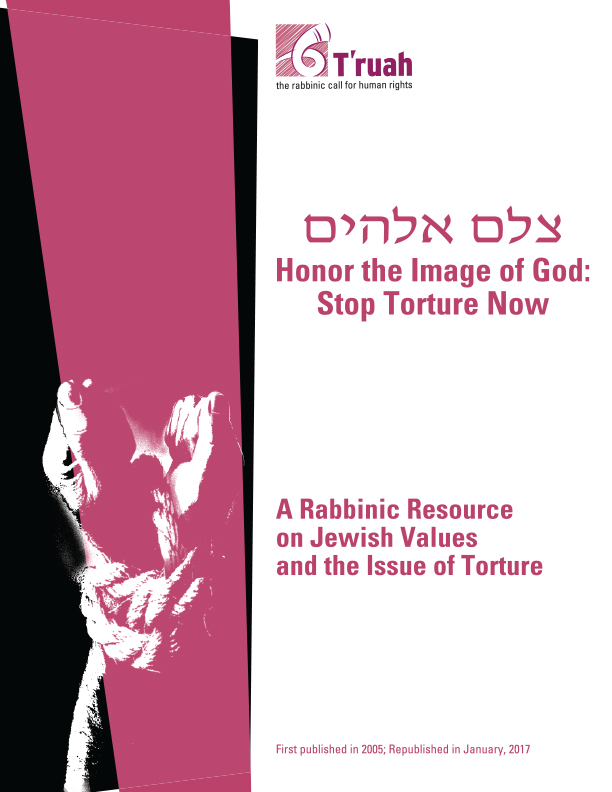
Stop Torture Now: A Complete Rabbinic Sourcebook
This is T’ruah’s primary resource booklet on government-sponsored torture, originally published in 2005. It includes the shorter versions of Rabbi Melissa Weintraub’s articles on torture and Jewish law, insertions for High Holidays services, materials for study and discussion, and the original public letter to the Bush Administration, signed by over 800 rabbis and cantors. The full-length versions...
read more

